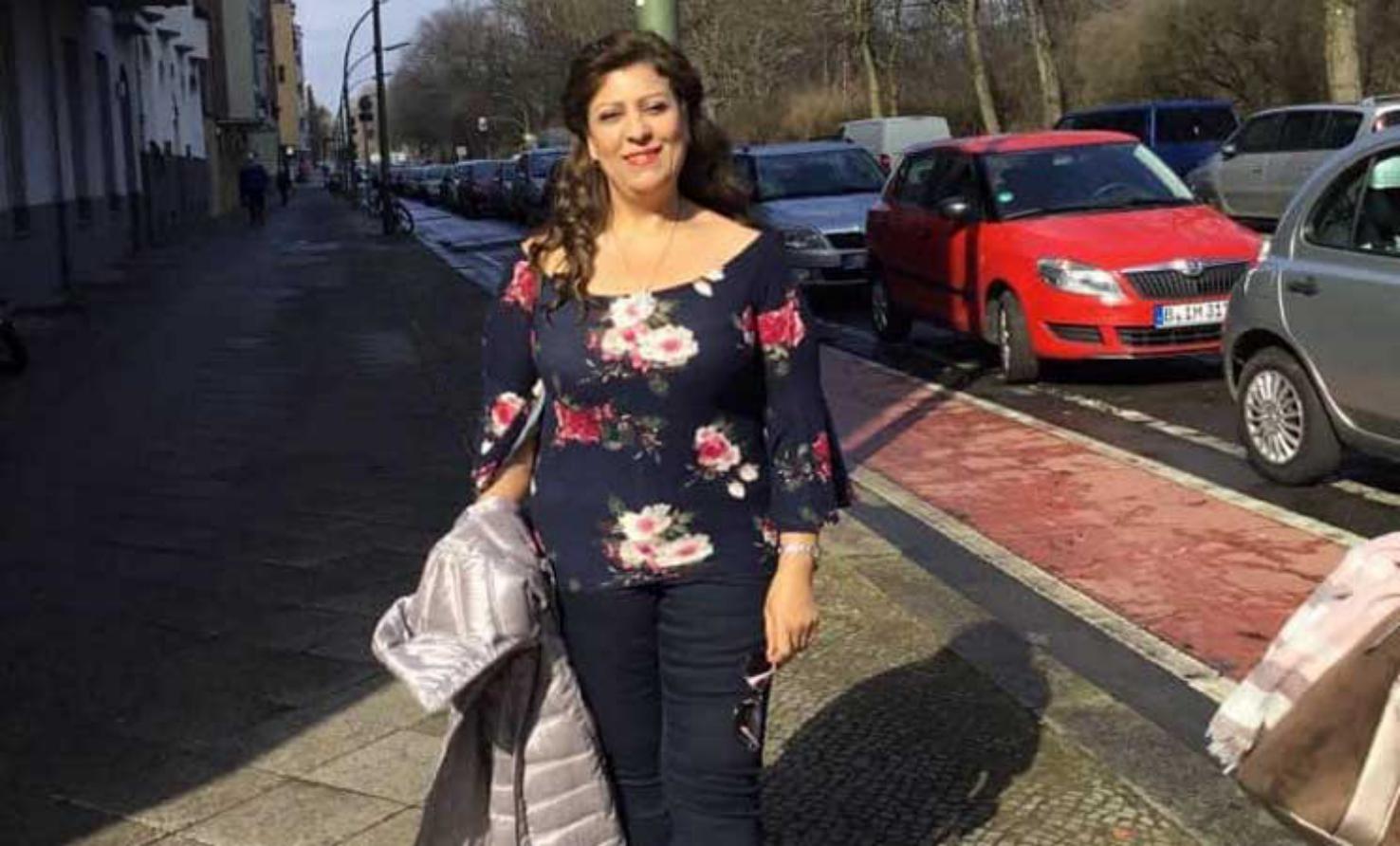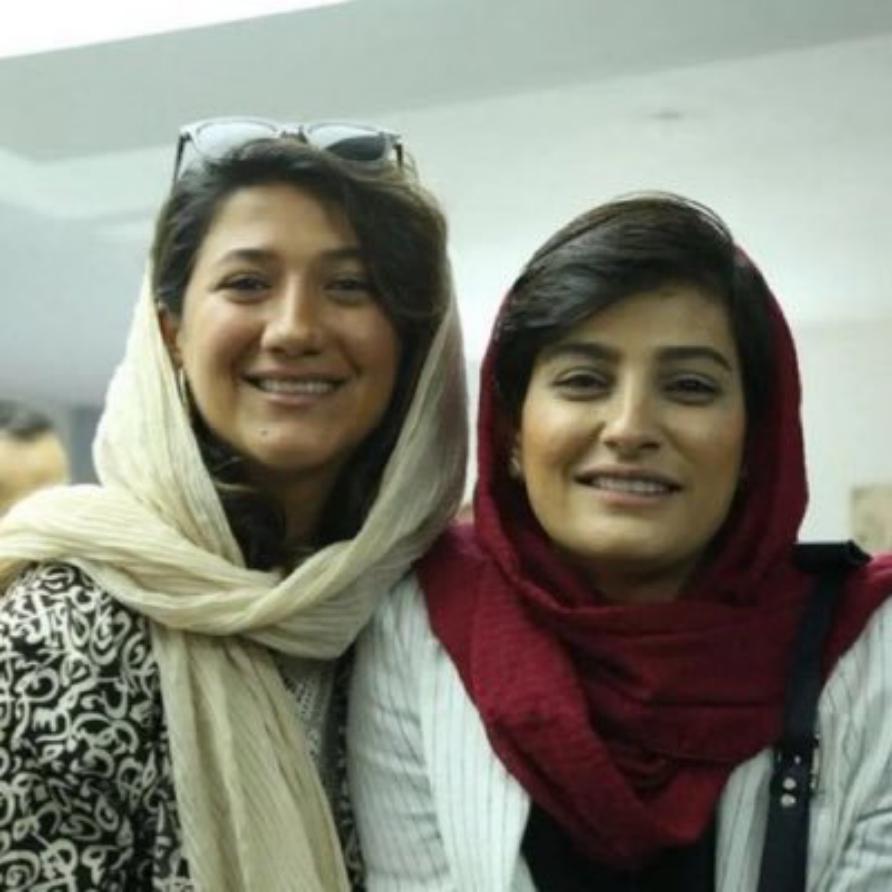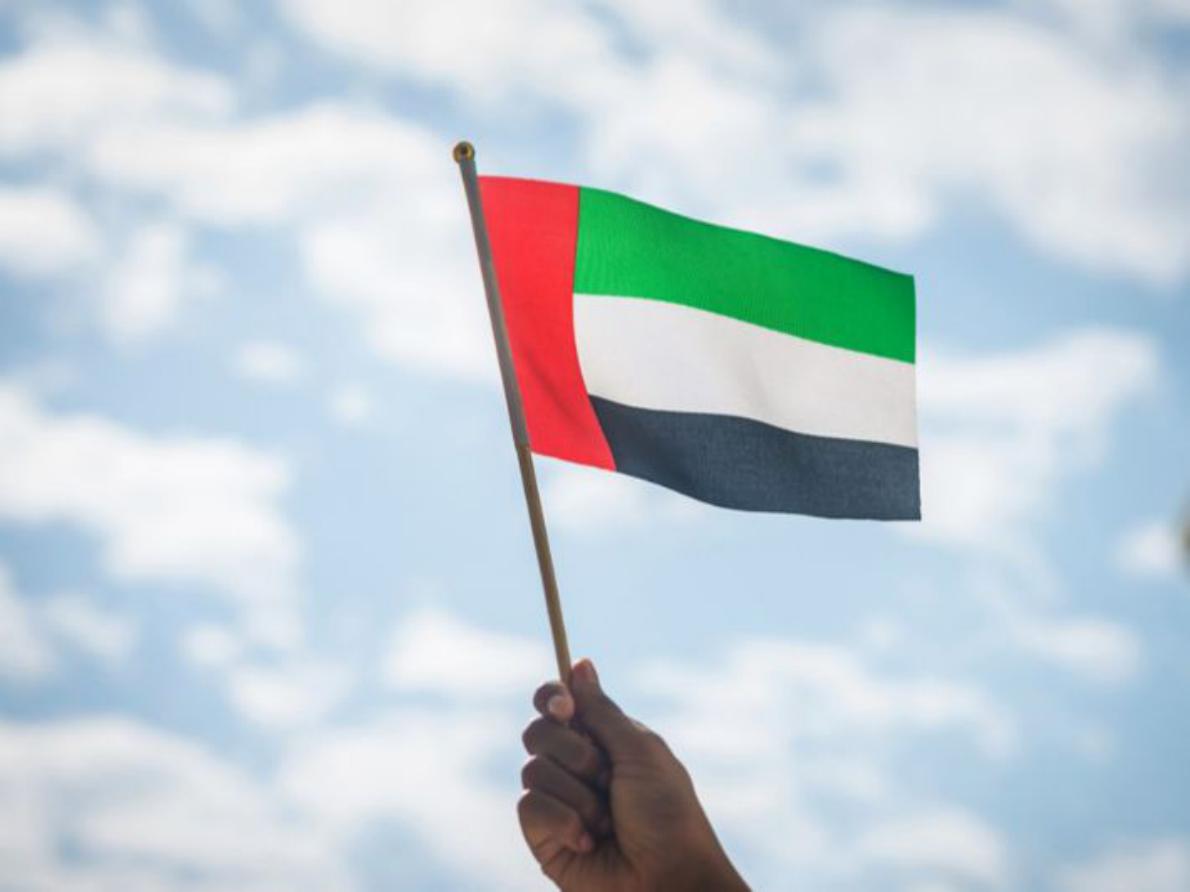WJWC: Freedom of opinion and expression should be at high priority of Pope's visit to Bahrain

At a time when the Pope's intention to visit Bahrain is announced from November 3 to 6, the situation of human rights and freedom of opinion and expression in this Gulf monarchy goes from bad to worse despite tolerance and religious freedom claimed by the authorities there.
We are afraid that Pope Francis’ visit will encourage the Bahraini authorities to increase repression and abuse, especially with the almost total absence of press and expression freedom in this GCC member, similar to what happened following a similar visit by the Pope to the UAE in 2019.
The Women Journalists Without Chains (WJWC) is deeply concerned that Pope Francis' participation in the “Bahrain Forum for Dialogue: East and West for Human Coexistence" will encourage further violations by the Bahraini authorities against journalists and human rights defenders.
Bahrain’s authorities have banned independent media from operating since 2017, and its security services have not refrained from the crackdown on peaceful expression of opinion and criticism and the right to peaceful demonstration for about a decade.
Furthermore, the GCC kingdom has also failed to provide a protection for the prisoners of conscience and their rights, and hasn’t stopped its apparent attempts to break the feminist movement and female human rights defenders at home, including enforced disappearances, the extraction of confessions under torture and duress and ill-treatment, as well as sexual assaults.
The WJWC founder Tawakkol Karman has commented on Pope’s visit to Manama by saying that Pope Francis should use such a visit to talk to Bahraini officials about their serious violations against freedom of opinion and expression and human rights, and put pressure on Manama to respect press freedom.
The Bahraini authorities use various possible means to suppress opinion-holders or those who dare criticize the government or officials, and some even receive the threat of death penalty and are subjected to health negligence in prisons, despite the need of the many detainees for health care, added Tawakkol Karman.
Hundreds of human rights activists and journalists, including the founding director of the Gulf Center for Human Rights Abdulhadi Al-Khawaja and prisoners of conscience like Zuhair Ashour, Dr. Abdul-Jalil Al-Singace, Hassan Mushaima, Hassan Abdullah Habib, Sayed Nizar Alwadaei and Murtada Muhammad, as well as Ali Salman sentenced to more than 100 years in prison.
According to the Article 23 of the Bahraini constitution, “Freedom of speech and freedom to carry out scientific research shall be guaranteed. Every person shall have the right to express and propagate his opinion in words or in writing or by any other means, in accordance with the conditions and procedures specified by the law.”
In this context, the WJWC calls on Pope Francis to reconsider the visit so as not to encourage further grave violations by the Bahraini authorities, and until they commit themselves to:
- releasing all detained human rights defenders and prisoners of conscience;
- fully applying the United Nations Standard Minimum Rules for the Treatment of Prisoners (the Nelson Mandela Rules) and treating them with respect for their dignity and value as human beings;
- prohibiting torture and other forms of ill-treatment;
- allowing independent media to operate, refraining from harassing journalists and human rights workers, and ensuring that the latter will carry out their legitimate work without fear of reprisals or being harassed by judicial authorities.
Issued by:
Women Journalists Without Chains
October 25, 2022

 En
En  Ar
Ar 



